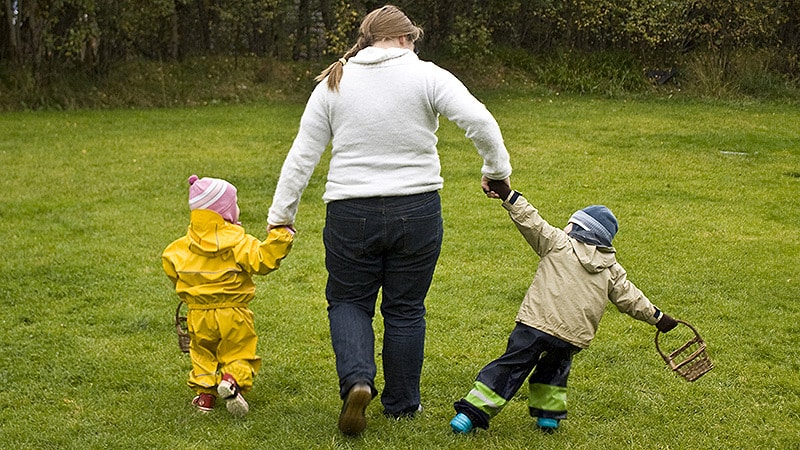Intergenerational Obesity Risk from Parents to Children
Core Concepts
Children of parents with obesity are more likely to have obesity in middle age.
Abstract
The content discusses a study on the intergenerational transmission of obesity from parents to children, highlighting the increased risk of obesity in middle age if both parents were obese. The study, led by Mari Mikkelsen, analyzed data from the Tromsø Study, focusing on the relationship between parental and offspring BMI and obesity status. Key insights include:
- Study by Mari Mikkelsen on intergenerational obesity transmission.
- Data from the Tromsø Study with 2068 complete trios.
- Strong association between parents' and children's BMI in middle age.
- Increased odds of obesity in middle age if both parents were obese.
- Importance of prevention and treatment of obesity.
Customize Summary
Rewrite with AI
Generate Citations
Translate Source
To Another Language
Generate MindMap
from source content
Visit Source
www.medscape.com
Kids Whose Parents Have Obesity More Likely to Have Obesity
Stats
"The odds of having obesity in middle age are sixfold higher if both parents also had obesity in middle age."
"One SD (four units of BMI) increase in maternal and paternal BMI was associated with 0.80 and 0.74 units increase in their adult child's BMI, respectively."
"If both parents had obesity in middle age, their children had six times higher odds of living with obesity in middle age."
"When only the mother lived with obesity, the offspring had 3.44 times higher odds of living with obesity themselves."
"The corresponding number for fathers was 3.74."
Quotes
"Children whose parents lived with obesity are much more likely to be living with obesity themselves when they are in their 40s and 50s."
"Our findings show that the intergenerational transmission of obesity is also present in adulthood [middle-age] and underlines the importance of prevention and treatment of obesity."
"These results tell us that adults [of middle-age] tend to have higher BMI if their parents have higher BMI during middle age."
Key Insights Distilled From
by Becky at www.medscape.com 03-11-2024
https://www.medscape.com/viewarticle/kids-whose-parents-have-obesity-more-likely-be-obese-2024a10004ji
Deeper Inquiries
What societal implications arise from the intergenerational transmission of obesity?
The intergenerational transmission of obesity poses significant societal implications, as it perpetuates a cycle of poor health outcomes across generations. Families where parents have obesity are more likely to have children with obesity, leading to a higher prevalence of obesity in the population. This can result in increased healthcare costs, reduced productivity, and a higher burden on healthcare systems. Additionally, the transmission of obesity from parents to children can contribute to the normalization of unhealthy behaviors and lifestyles within families, further exacerbating the obesity epidemic at a societal level.
How might environmental factors play a role in the obesity risk passed from parents to children?
Environmental factors play a crucial role in the transmission of obesity risk from parents to children. Families often share similar dietary habits, physical activity levels, and lifestyle choices, creating an obesogenic environment that promotes weight gain and obesity. Children growing up in environments where unhealthy food choices are prevalent and physical activity is limited are more likely to develop obesity. Additionally, socioeconomic factors, such as access to healthy foods, safe spaces for physical activity, and education on nutrition, can influence the obesity risk passed down from parents to children.
How can individuals break the cycle of intergenerational obesity within their families?
Breaking the cycle of intergenerational obesity within families requires a multi-faceted approach that addresses both genetic and environmental factors. Individuals can start by promoting healthy behaviors and lifestyle choices within their families, such as consuming a balanced diet, engaging in regular physical activity, and prioritizing overall health and well-being. Education on nutrition, meal planning, and portion control can also help individuals make informed choices about their health. Seeking support from healthcare professionals, such as nutritionists or counselors, can provide personalized guidance on weight management and behavior change. By creating a supportive and health-conscious environment within the family, individuals can break the cycle of intergenerational obesity and promote long-term health and well-being for themselves and future generations.
0
